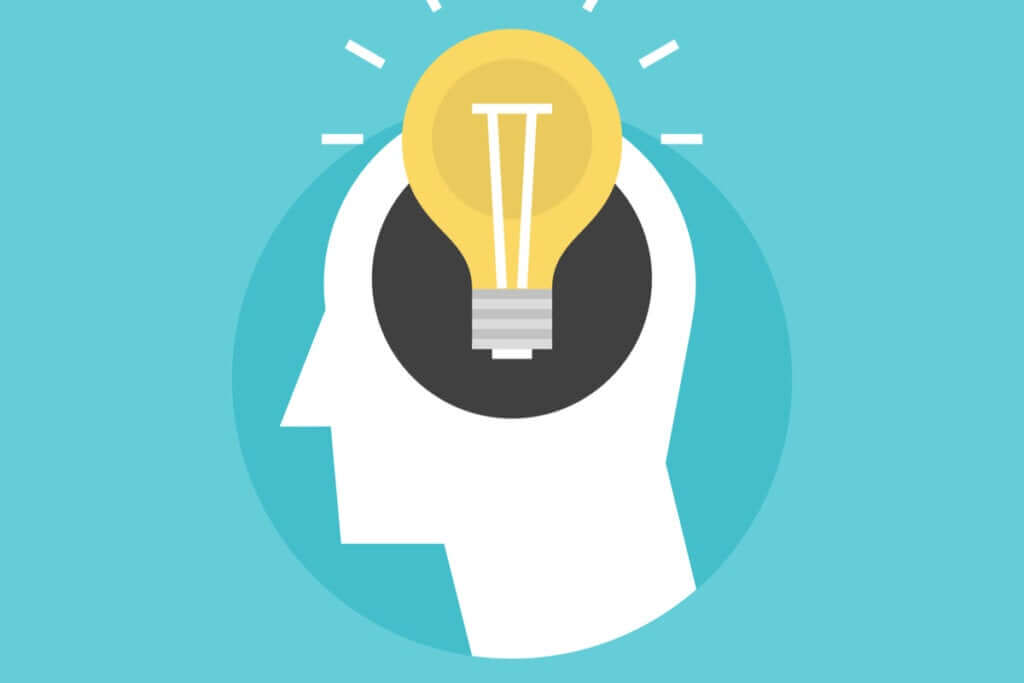Intelligence is one of the most traditional subjects of psychology, in fact its history and development have inspired much of the methodology in other areas, because perhaps the main conundrum that the study of intelligence has brought us is its measurement. determine whether a person is smart or not is an impossible challenge if we don’t know what makes someone smart.
There are many definitions of the concept of intelligence. The number of entries we find in the main search engines where disparate definitions appear is a little scary.
- For some.
- Is it the art of problem solving.
- For others.
- Is it the art of questioning.
- Or the art of choosing the right time to make decisions?In any case.
- Many arts that somehow resemble skills remind us that intelligence alone.
- Without the generation or potential to generate valuable products.
- Doesn’t make much sense.
Let’s try to understand what makes a smart person
To ask this question is to confront music lovers with physics lovers.
Many argue that we must address the concept of intelligence from a social point of view, our need for relationships, and the benefits we can gain for ourselves, for the immediate environment, or for society, whether we do so well in that regard.
For example, if we look at primates, we will see that the complex social environment has encouraged them to be able to deceive and maintain behaviors that we might call altruists, is there even an open debate about whether they have one?Mind?? a sense of self as a unique individual, separated from others in the group (Gallup, 1982; Hauser, MacNeilage and Ware, 1996).
When we talk about intelligence, we often refer to intellectual capacity; Be able to learn, remember and use new information, solve problems and adapt to new situations. At the beginning of the intelligence studies, we found illustrious names like those of Charles Spearman and Francis Galton.
However, if there is one study that stands out from others, it is Binet’s, the context in which he developed his work was that of education, and his interest in the study of intelligence was to improve the educational system, looking for a way to intervene in children with more learning difficulties.
Together with his colleague Theodore Simon, Binet designed a test to try to measure children’s intellectual ability. To do this, they created individual test items that children must respond to based on their age. For example, a three-year-old must be able to point his finger at the mouth and eyes, a nine-year-old must be able to name the months of the year in order, and a twelve-year-old capable of naming sixty words in order. Three minutes. Its evaluation has become the first “IQ test”.
Aristotle has made history through different stages. Perhaps one of the most important, however, was the creation of a method of knowledge production. We’re talking about mayeutics. Anyone who wants to use it needs a very special skill: to be adept at the art of asking questions.
Pulling this same thread, we’ve seen science move forward when it’s able to ask important questions, before getting relevant answers, so perhaps the most primary sign of intelligence has a lot to do with generating questions.
Traditionally, a person qualified to solve logical problems is often considered intelligent. Mathematics, because of its ease of abstraction and isolation from certain cultural variables, may have been the preferred field for testing evidence. On the other hand, perhaps the most inspiring and inclusive modern field The theory was gardner’s era.
Gardner’s theory is based on the idea that people process information differently: independent or partially independent channels; in addition, he identified 8 common intelligences including: 1) logical mathematics, 2) visual-spatial, 3) musical rhythm, 4) verbal-linguistic, 5) body-kinesthetic, 6) interpersonal, 7) intrapersonal and 8) naturalistic. This idea is very interesting; hence the current that bets on adapting the way information is presented individually to improve learning.
On the other hand, positive psychology has expanded the response to what makes a person intelligent, highlighting the value of emotional intelligence, which opposes the idea that emotions, or associated emotions and intuition, are enemies of intelligence, and also argues that an intelligent person is able to properly manage their emotions , listen to the associated message and choose the best way to channel your energy.

